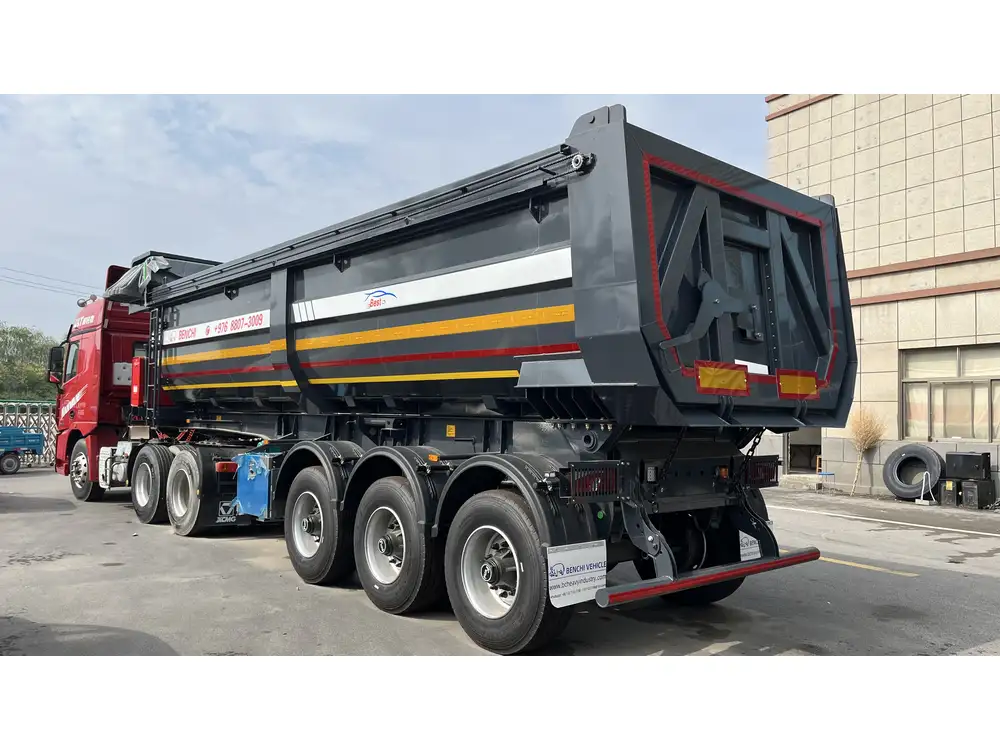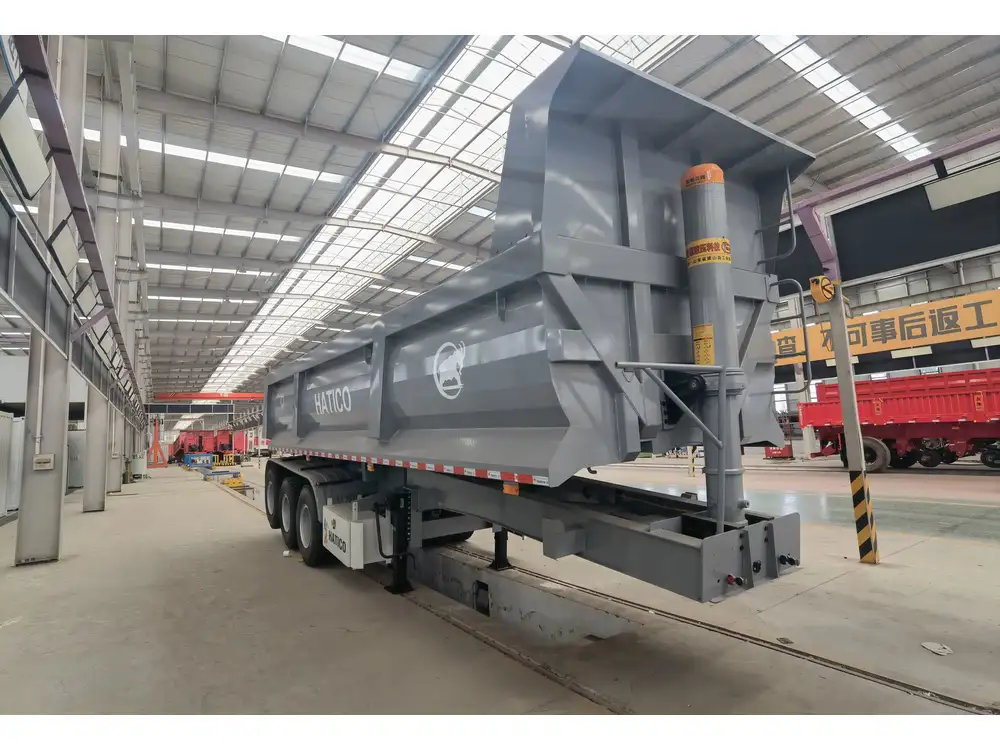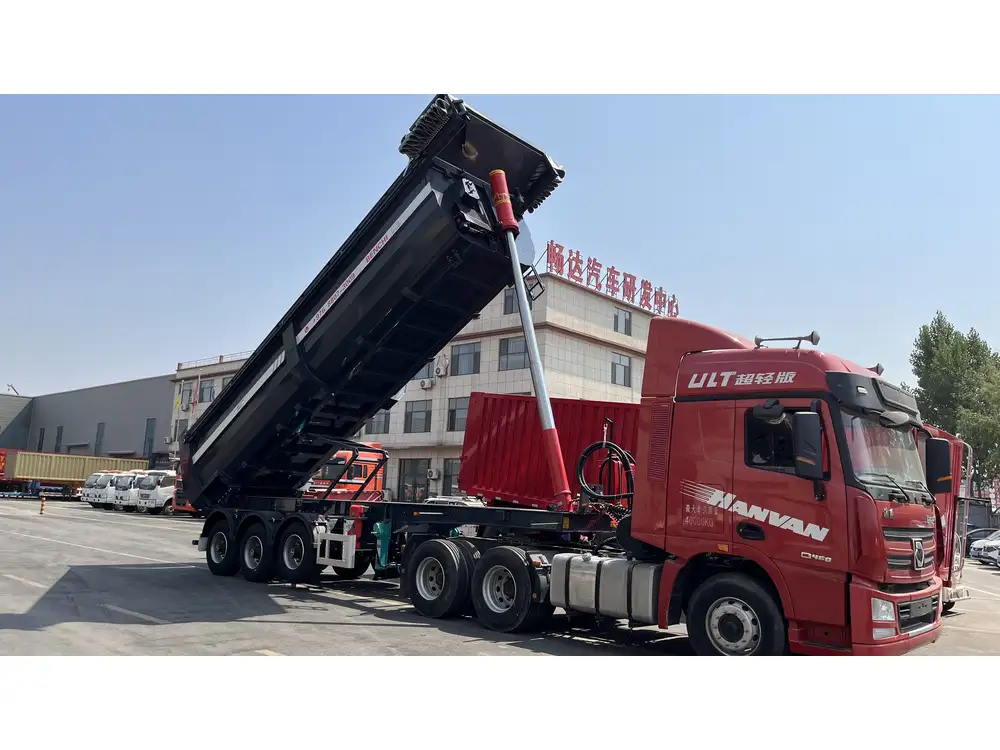When considering the purchase of a hot water tank for your trailer, a myriad of factors dictates the total expenditure. Understanding these aspects can empower you to make an educated decision, ensuring you invest your money wisely. Below, we delve into the intricate details surrounding hot water tanks, examining price considerations, types, installation costs, and potential savings over time.
Types of Hot Water Tanks
1. Traditional Storage Tank Water Heaters
Storage tank water heaters remain one of the most common options for trailers. They utilize an insulated tank to store and heat water to a preset temperature.
- Cost Range: $300 – $1,500
- Lifetime: 10-15 years
- Pros:
- Easy to install
- Lower upfront costs
- Simple operation
- Cons:
- Limited supply of hot water
- Energy inefficiency due to standby heat loss

2. Tankless Water Heaters
Tankless or on-demand water heaters heat water directly as it flows through the unit, eliminating the need for a storage tank.
- Cost Range: $800 – $3,500
- Lifetime: 20 years or more
- Pros:
- Continuous supply of hot water
- Energy-efficient, reducing monthly bills
- Require less space
- Cons:
- Higher initial costs
- May need more than one unit for larger trailers
3. Heat Pump Water Heaters
Heat pump water heaters are an eco-friendly option that utilizes electricity to move heat from one place to another instead of generating heat directly.
- Cost Range: $1,200 – $3,000
- Lifetime: 10-15 years
- Pros:
- Very energy-efficient
- Lower operating costs
- Cons:
- Higher initial investment
- Work best in moderate climates
4. Solar Water Heaters
Solar water heaters harness energy from the sun to heat water, making them a sustainable choice.
- Cost Range: $2,000 – $5,000
- Lifetime: 15-20 years
- Pros:
- Very low operating costs
- Environmentally friendly
- Cons:
- High upfront costs
- Weather-dependent performance

Key Considerations When Buying a Hot Water Tank for Trailers
1. Capacity Needs
When selecting a hot water tank, capacity is a crucial factor. Consider the number of people who will use the trailer and their hot water usage patterns. Standard capacities for trailer water heaters generally fall between 6 and 20 gallons, with most homeowners opting for a 10 or 15-gallon unit.
2. Fuel Type
The choice of fuel type also significantly influences costs. Common choices include:
- Electric: Easier to install and operate, though can lead to higher electricity bills.
- Gas: Typically cheaper to run, but installation can be more complex and requires ventilation.
- Propane: A versatile option, often used in remote areas without natural gas lines.

3. Energy Efficiency Ratings
Energy efficiency ratings are essential when determining long-term costs. Look for the Energy Factor (EF) or Uniform Energy Factor (UEF) rating, which indicates how efficiently a water heater converts energy into hot water. Higher ratings mean lower operating costs.
Installation Costs
The expenses do not cease after purchasing a hot water heater. Installation is a significant aspect of total costs. Whether you opt for a DIY installation or hire a professional, understanding what contributes to installation costs is crucial:
Professional Installation
- Average Cost: $200 – $800
- Factors Influencing Cost:
- Location of the water heater
- Complexity of the installation
- Requirements for new ventilation systems (in gas models)
- Electrical upgrades for electric or high-efficiency units

DIY Installation
While attempting to install a hot water tank yourself can save money, it also invites risks. Here are considerations for the DIY approach:
- Tools Needed: Pipe wrenches, screwdrivers, multimeter, Teflon tape
- Knowledge Requirement: Understanding plumbing systems, electrical systems, and local building codes
- Potential Pitfalls: Errors can lead to leaks, poor connections, or even safety hazards
Maintenance Costs and Considerations
The longevity and efficiency of your hot water tank significantly depend on proper maintenance, which comes at a cost. Be proactive to avoid costly replacements. Regular maintenance should include:
- Flushing the Tank: Helps reduce sediment buildup, recommended annually.
- Inspecting and Replacing the Anode Rod: This protects the tank from corrosion; replacement is typically due every 3-5 years.
- Checking Temperature and Pressure Relief Valve: Ensures safety and proper functioning of the system.
Estimated Maintenance Costs: $100 – $300 annually
Total Cost Summary

Breakdown Table of Costs
| Item | Cost Range |
|---|---|
| Traditional Storage Tank | $300 – $1,500 |
| Tankless Water Heater | $800 – $3,500 |
| Heat Pump Water Heater | $1,200 – $3,000 |
| Solar Water Heater | $2,000 – $5,000 |
| Professional Installation | $200 – $800 |
| Annual Maintenance | $100 – $300 |
Long-Term Cost Considerations
Opting for a more energy-efficient unit may entail higher initial costs but can lead to substantial savings over time. For instance, tankless water heaters, while more expensive upfront, pose lower operational costs, potentially resulting in a payback period of 3-6 years.
Additionally, the longevity of the unit plays a role in how much you spend in the long run. A few extra hundred dollars on a higher-quality unit can translate to years of savings and reduced stress related to repair or replacement.
How to Maximize Your Investment

1. Choose the Right Size
Avoid unnecessary costs by selecting a unit appropriate for your needs. A common mistake is overestimating the necessary capacity, leading to higher energy consumption.
2. Regular Maintenance
Implementing a routine maintenance schedule can artificially extend the lifespan of the water heater, preventing unexpected expenses related to repairs or replacements.
3. Invest in Insulation
Effective insulation minimizes heat loss from the tank, particularly for traditional storage units. Insulation blankets can often be purchased for a relatively low cost, reducing energy bills across the board.

4. Explore Energy Efficiency Programs
Various utilities and local governments offer rebates and incentives for energy-efficient appliances, which can mitigate upfront costs. It’s worthwhile to explore these options to make the transition to a new water heating solution more budget-friendly.
Conclusion
Determining the cost of a hot water tank for your trailer involves multiple components, including the type of heater, installation, maintenance, and long-term operational expenses. By carefully considering your options and doing thorough research, you can make a well-informed choice that addresses your specific needs, enhances your trailer experience, and fit within your financial plans. With this guide, we hope to empower you to navigate the complexities of purchasing and maintaining hot water tanks efficiently, ensuring comfort and convenience while you’re on the road.



